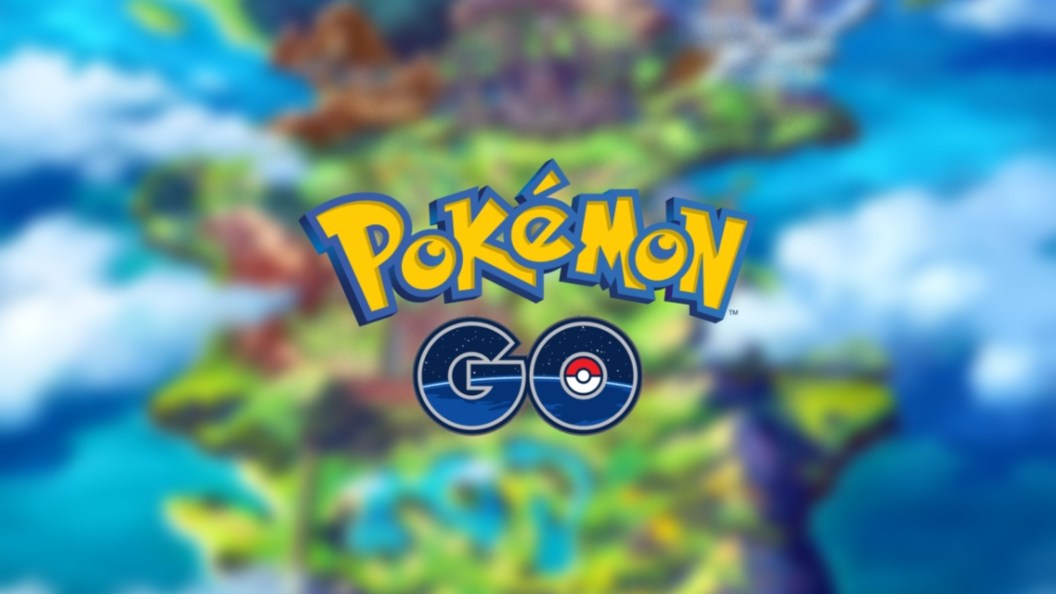For the past three years, the world has witnessed many aspects of the war in Ukraine, mainly through reports on the number of people killed, images of buildings and cities destroyed and ongoing diplomatic efforts to end the war. In , Ukrainian author Victoria Amelina shows the human side of the conflict as she describes the lives of ordinary people trying to survive Russia and Ukraine’s ongoing war. Read this article for free: Already have an account? To continue reading, please subscribe: * For the past three years, the world has witnessed many aspects of the war in Ukraine, mainly through reports on the number of people killed, images of buildings and cities destroyed and ongoing diplomatic efforts to end the war.
In , Ukrainian author Victoria Amelina shows the human side of the conflict as she describes the lives of ordinary people trying to survive Russia and Ukraine’s ongoing war. Read unlimited articles for free today: Already have an account? For the past three years, the world has witnessed many aspects of the war in Ukraine, mainly through reports on the number of people killed, images of buildings and cities destroyed and ongoing diplomatic efforts to end the war. In , Ukrainian author Victoria Amelina shows the human side of the conflict as she describes the lives of ordinary people trying to survive Russia and Ukraine’s ongoing war.

Amelina was a human rights advocate, war crimes investigator and writer of novels, essays and poems in both Ukrainian and English. Many of her essays were published in the , the and . She was injured in a Russian missile strike on June 27, 2023 while dining with friends at a restaurant, and died on July 1.
The book is organized as a series of profiles of people — mainly but not exclusively women — finding ways to live their lives in the middle of conflict. Scattered throughout the book are the author’s comments and her own reminiscences of similar situations she encountered. Readers get a sense of how deeply Amelina connected with the people she met and the stories she heard.
Jae C. Hong / Associated Press files In this July 2023 photo, Sofia Cheliak (left) holds a photo of slain Ukrainian writer Victoria Amelina while hugging a fellow mourner. In addition to the profiles of women and their families trying to survive stressful and dangerous situations, the book also includes a conversation with writer and lawyer Philippe Sands as well as stories about other men caught up in the war.
Each story is structured as a series of snippets telling a small part of what the war has done to the people experiencing it. The stories told in Amelina’s book come from people from a range of backgrounds. The resistance worker codenamed Casanova, a woman called Irina Dovhan, an “invisible refugee” named Tetyana Pylypchuk and a librarian named Yulia Kakulya-Danylyuk are among the women the author profiles.
Within many of these stories, the author slides easily into reminiscences of her own life. Besides these personal accounts, Amelina highlights a range of issues people have encountered in dealing with the conflict, including gender-based violence and the problem of how to prosecute leaders like Vladimir Putin rather than merely low-level Russian fighters. For Amelina, doing otherwise would be a travesty of justice.
Among the many personal touches in Amelina’s book is a conversation she had with her young son when he worried about the Lego he had left at their home, even as Ukrainian cities were being razed. At times, the author reflects on what she would like to do after the war; given Amelina was killed in a Russian attack, readers will find these comments especially poignant. The editors of the text have included Amelina’s often-fragmentary notes on chapters she intended to write, as well as noting unfinished sentences and explaining some of the history and culture of the region.
While some of these notes are useful, others tend to break up the flow of the story without contributing much to the content. Looking at Women Looking at War Weekly A weekly look at what’s happening in Winnipeg’s arts and entertainment scene. Despite these minor structural issues, is a fascinating book that gives readers a glimpse into the real people behind news headlines in an area ravaged by war.
The subject matter of the book is heavy but the writing clear and concise; anyone wanting insight into the human cost of the war in Ukraine should take note. Susan Huebert is a Winnipeg writer and pet sitter. Looking at Women Looking at War:A War and Justice Diary By Victoria Amelina St.
Martin’s Press,320 pages, $39 Advertisement Advertisement.
Entertainment

A poignant, posthumous account

For the past three years, the world has witnessed many aspects of the war in Ukraine, mainly through reports on the number of people killed, images of buildings and cities [...]















